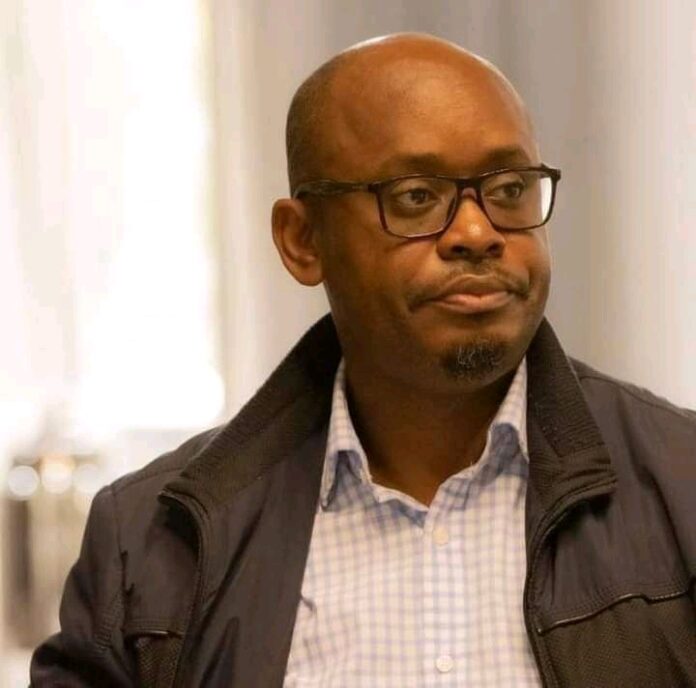MP SUNDAY CHANDA CALLS FOR INNOVATIVE SOLUTIONS TO EXPAND SOLAR ENERGY ACCESS FOR ZAMBIA’S POOR
Amidst ongoing electricity generation challenges, Hon. Sunday Chilufya Chanda, Member of Parliament for Kanchibiya Constituency, has urged the Zambian government to implement innovative financing models that make solar energy accessible to the nation’s poorest households. This call comes as Zambia faces prolonged droughts that hamper hydroelectric power generation, highlighting the urgent need to diversify the country’s energy mix.
Despite Zambia’s abundant sunshine, approximately 54.4% of the population lives below the poverty line, according to the Zambia Statistics Agency (ZamStats). This economic reality leaves many households, particularly in rural and peri-urban areas, unable to afford the high upfront costs associated with solar energy installations.
“While government has made significant strides in improving access to electricity, over 60% of Zambia’s population remains off the grid,” Chanda said. “This has severe consequences for education, food storage, health, and overall economic productivity.”
Chanda pointed out that the average cost of a basic solar home system, estimated between ZMW 12,000 to ZMW 20,000, is far beyond the reach of most Zambians, particularly those earning less than ZMW 1,500 per month. He emphasized the need for affordable and flexible financing solutions to bridge this gap and proposed several measures to make solar energy more accessible:
1. Pay-As-You-Go (PAYG) Solar Financing: Chanda proposed a PAYG model, allowing households to pay for solar systems in small installments over 3-5 years, with minimal upfront costs. This model has already proven successful in other African countries, such as Kenya and Tanzania.
2. Subsidized Solar Systems : He suggested that the government subsidize a portion of installation costs for low-income households, potentially through the Social Cash Transfer (SCT) program, to alleviate the financial burden.
3. Innovative Microfinance Solutions: The MP called for the development of micro-loan packages specifically designed for solar installations, offering low-interest rates and flexible repayment terms.
4. Public-Private Partnerships (PPPs): Chanda advocated for PPPs between the government and solar companies to scale up distribution and reduce costs through bulk procurement of solar equipment.
Chanda highlighted the broader benefits of expanding solar energy access, including increased productivity, improved health and well-being, job creation, and enhanced environmental sustainability. He stressed that this initiative aligns with Zambia’s commitment to the Paris Climate Agreement and the goals of the Zambia National Energy Policy 2019.
“This is a critical moment in Zambia’s energy journey, and we cannot afford to leave anyone behind,” Chanda concluded. “The future is bright—let’s harness the power of the sun to light the way forward for all Zambians.”
Chanda’s call comes as government and various stakeholders continue to explore ways to ensure that all Zambians, regardless of income level, can benefit from clean, affordable energy solutions.

All well and good Sunday. That is not dealing with the immediate shock and contraction that the country and citizens will experience because of the absence of power.
What you seek to address is the structural shift to deal with the problem that will take time.
Zesco speaks of Maamba and Namibia. That doesnt address the deficit either. 300 or 400 mw addition to a 2000Mw deficit doesnt make a dent.
And to sing about solar and its cost, doesnt speak to the problem. If anything its being dismissive to the plight and issues that require leaders to explain the rationale of leaders.
Lets not live in ivory towers that are insensitive to the people that you lead. Explain what you are thinking. We dont want to be second guessing your thinking neither are we wizards to read your minds. Zambians are simple people that just expect and deal what is before them.
Right now you have failed to address the immediate problem. Power a means they have used to make a living. When you take a pacifier from the mouth of a child what do you expect from the shock treatment?
Zambians will understand but lets not be crude and dismissive about the issues they face. Being wealthy doesnt mean that you trivialise the stage others in their lives or growth.